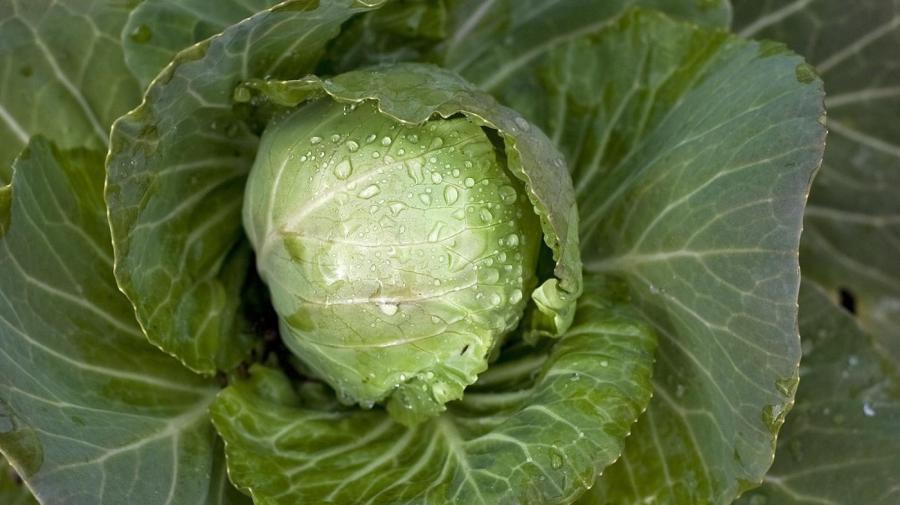Why Does Cabbage Cause Gas?

According to the Johns Hopkins Medical Health Library, the complex sugar raffinose, which is found in cabbage and other vegetables such as Brussels sprouts, broccoli, asparagus and beans, is the predominant factor that causes gas when eating these foods. Cabbage and these other vegetables are all heavy in carbohydrates and commonly cause gas in many people because of the body’s inability to break down the food in the small intestine.
According to the Johns Hopkins Medical Health Library, carbohydrates are not digested or absorbed in the small intestine because of a shortage of enzymes, causing the food to pass into the large intestine. Once in the large intestine, digestive bacteria works to break down the cabbage. In about one-third of the population, this produces the methane gas that then passes through the rectum.
While not harmful to one’s health, excessive gas can be unpleasant and painful. While cabbage causes excessive gas in some people, others are unaffected when eating cabbage. Tracking food intake using a food diary is the best way to determine if cabbage affects a person’s gas. If a person finds that cabbage causes excessive gas, he should avoid eating it or use over-the-counter medications to reduce the symptoms of gas after eating cabbage.





